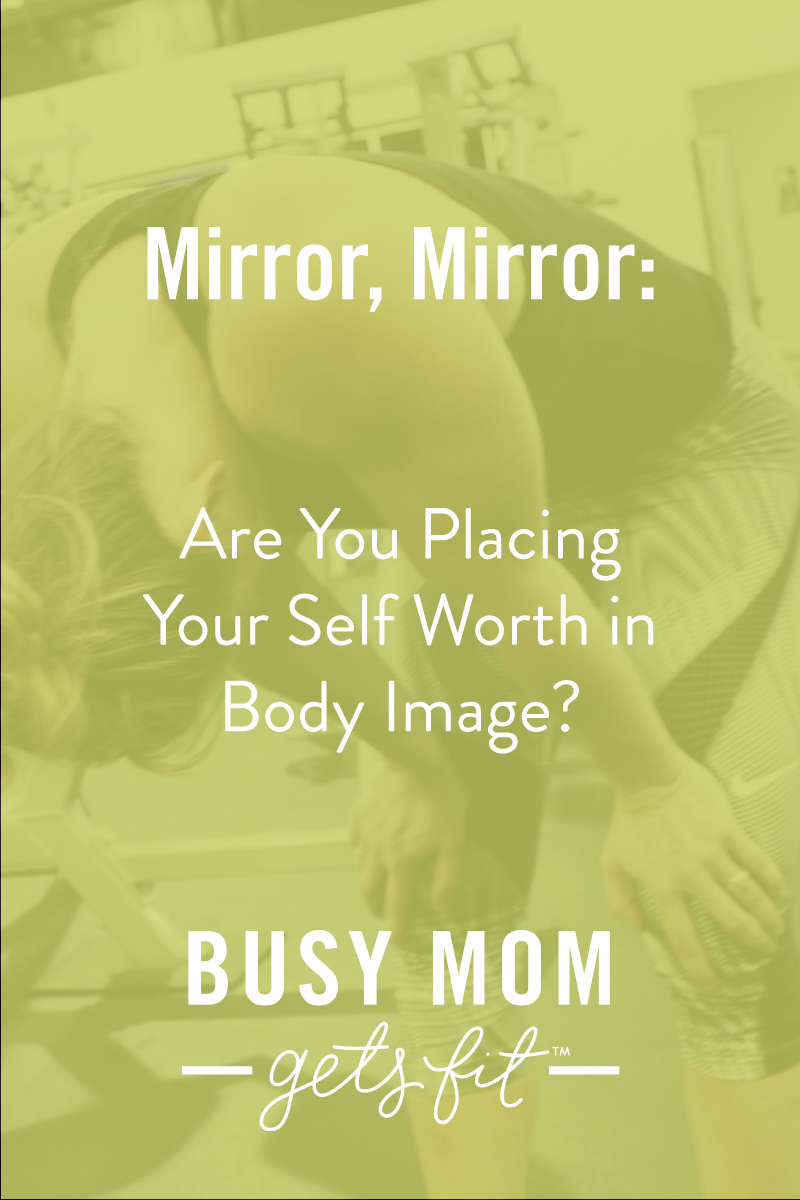It’s hard not to be obsessed with appearances in a world where images of picture-perfect models seem to be everywhere we look.
If you’ve decided to improve your health and increase your strength through a fitness program, you may be even more susceptible to feeling as if you’re running a race you’ll never finish, much less win; beautiful bodies grace the cover of most fitness mags and adorn the websites you’ll visit for fitness and nutrition tips.
One of the reasons my publication, GORGO Magazine, doesn’t utilize airbrushing or photoshop (for anything other than lighting fixes) is to hopefully provide a little reality in the workout world; the women you see on our site are real--stretch-marks and all--because we want to celebrate real accomplishments, and also promote the idea that while fitness usually does result in a stronger, more aesthetically pleasing body, it’s ultimately about how you feel. It’s about being powerful.
Are you seeing your true self when you look in the mirror? Statistics lean towards about 2% of the population having body dysmorphic disorder, a condition where the patient’s perception of their body or some aspect of it doesn’t accurately reflect reality. (Please seek help from a professional if you believe this may describe you; a blog post is not a replacement for a mental or physical health professional).
A great many others, however, may be seeing a reality that they aren’t comfortable with, and that’s a different matter.
What do you do if you don’t like what you see in the mirror? Do you start a fitness program or new way of eating if the problem is carrying additional weight? Or do you schedule an appointment with a plastic surgeon if it’s a matter of something that isn’t fixed by diet and exercise?
Nothing is wrong with having plastic surgery, in and of itself, and nothing is wrong with starting a journey to become healthier through exercise and nutrition--there’s not even anything inherently negative about doing those things because you want to change something about your outward appearance.
Correlating those things with your worth, or allowing the issues to affect your love for yourself before they’re fixed, however, is problematic.
If you’re starting on a fitness journey, and dramatic appearance change is one of your goals, consider taking this challenge; look at yourself in the mirror every day and say, “I love you. You’re beautiful.” Right now, the way you are.
And believe it.
If you’re solidly fit, and pursuing goals that seem to be out of reach--and you find your self-worth, or your view of your own beauty coming into question--thinking things like, ”If I could only ______, I’d feel better about myself”, try to just focus on the journey itself. The feeling of strength from working out, the thankfulness for a body that can do what it’s already done.
And look at yourself in the mirror every day and say, “I love you. You’re beautiful.” Right now, the way you are.
Don’t wait to say it until you’re different, physically. Don’t wait for the world to look at you and tell you, after you’ve accomplished whatever it is you want to, aesthetically.
Do it now because if you tie your self love and appreciation of your own beauty to looking a particular way, it won’t be true.
You can love yourself when you look different, and you can celebrate how good it feels, but you’re worth celebrating now, too.

